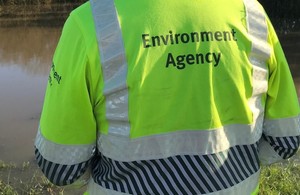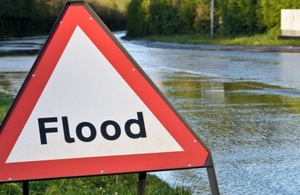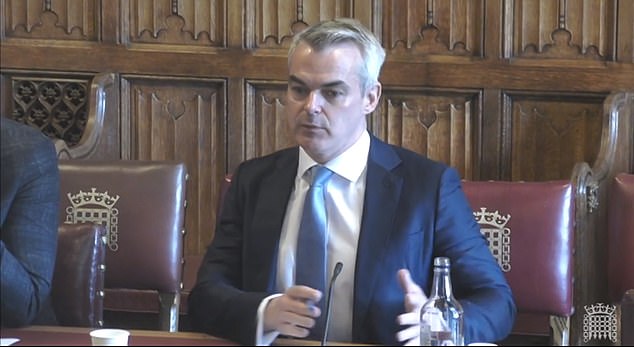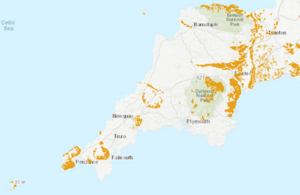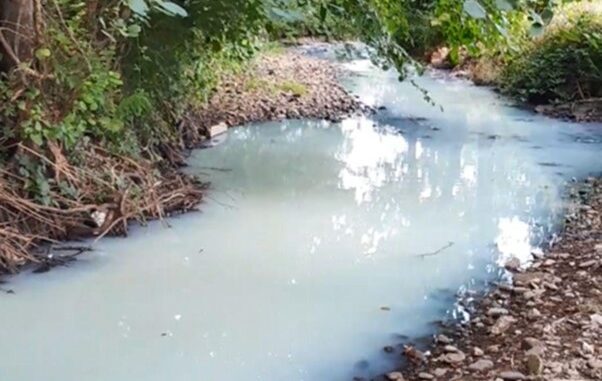Various wildlife conservation charities have voiced their concerns after rules which protect hedgerows and stop farmers from causing excessive river pollution ended recently.
The National Trust, RSPB and The Wildlife Trusts say rivers and hedgerows are at increasing risk as the UK Government fails to enshrine basic protection for nature on farms and are calling for immediate action to fill the gaps left by these vital laws.
Basic regulations known as ‘cross compliance’ had to be followed by farmers in order to receive rural payments between 2005 and 2023. The rules, which ended on 31 December 2023, included not farming the land right up to the edge of rivers to ensure farm pollution and soil was not washed into the water – as well as protecting hedgerows and maintaining green cover on soils.
Following the UK’s exit from the European Union, the UK Government announced these rules would be replaced by new UK laws. DEFRA has not confirmed if protections for nature will be maintained – and the absence of rules means that farmers are free to cut hedges in the spring and summer, which risks harming nesting birds.
It could also mean that more farm pollution and soil is washed into rivers which are already under huge pressure from excessive nutrients caused by manure, soil and other pollutants.
Rosie Hails, Nature and Science Director at the National Trust said: “Ending cross compliance rules without sufficient replacement provisions places nature, watercourses and historic hedgerows at increased risk.
“This is because some farmers may choose to withdraw from important practices such as providing buffers around watercourses, maintaining soil organic matter or taking action to minimise soil erosion. Farmers might also decide to trim hedges later in the spring and earlier in the autumn with impacts for birds and other wildlife.
“For the benefit of nature and to give farmers clarity, it’s vital that that DEFRA addresses this regulatory gap with urgency as well as ensuring farmers are better able to access to the right advice, helping them adopt practices that best protect the environment while maximising opportunities through nature-friendly farming.”
Alice Groom, Head of Sustainable Land Use Policy at RSPB England, added: ”In just the last five years, farmland bird species have declined by 8%, but loss of protections for hedgerows now means cutting can take place during this year’s nesting season.
“This could have a catastrophic impact upon iconic farmland species such as Yellowhammer, Cirl Bunting and European Turtle Dove. Species already pushed to the brink urgently need these gaps in protections to be filled, and monitoring and enforcement to be stepped up.”
Source: Birdguides 9th January 2024


